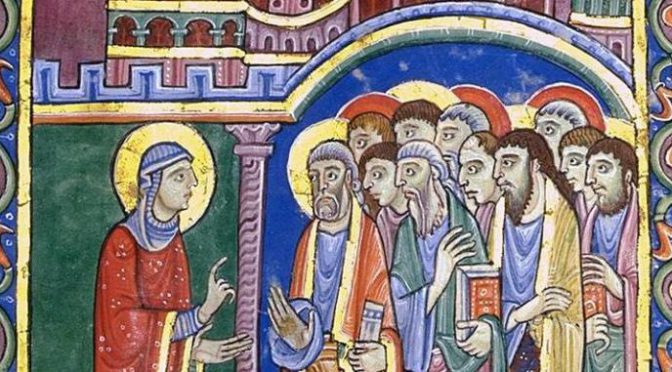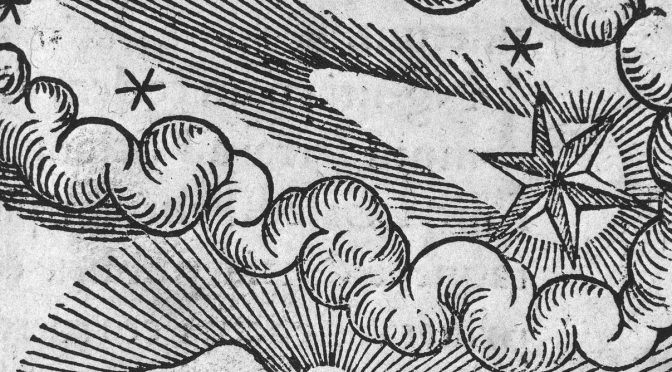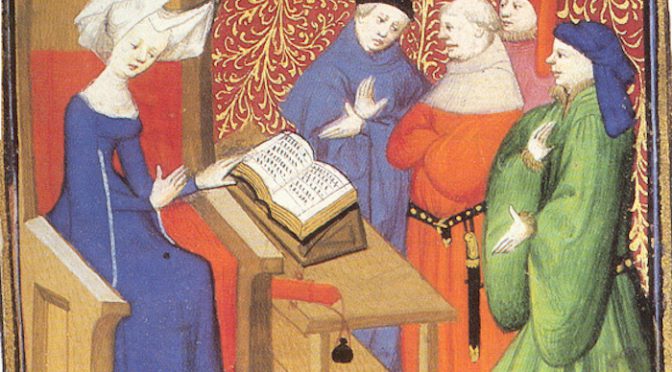by Carl Kears, lecturer in Old and Middle English literature before 1400 at King’s College London, and James Paz, University of Manchester and King’s alumnus.
Science fiction may seem resolutely modern, but the genre could actually be considered hundreds of years old. There are the alien green “children of Woolpit”, who appeared in 12th-century Suffolk and were reported to have spoken a language no one could understand. There’s also the story of Eilmer the 11th-century monk, who constructed a pair of wings and flew from the top of Malmesbury Abbey. And there’s the Voynich Manuscript, a 15th-century book written in an unknowable script, full of illustrations of otherworldly plants and surreal landscapes.
These are just some of the science fictions to be discovered within the literatures and cultures of the Middle Ages. There are also tales to be found of robots entertaining royal courts, communities speculating about utopian or dystopian futures, and literary maps measuring and exploring the outer reaches of time and space.
The influence of the genre we call “fantasy”, which often looks back to the medieval past in order to escape a techno-scientific future, means that the Middle Ages have rarely been associated with science fiction. But, as we have found, peering into the complex history of the genre, while also examining the scientific achievements of the medieval period, reveals that things are not quite what they seem. Continue reading Science fiction was around in medieval times – here’s what it looked like →




